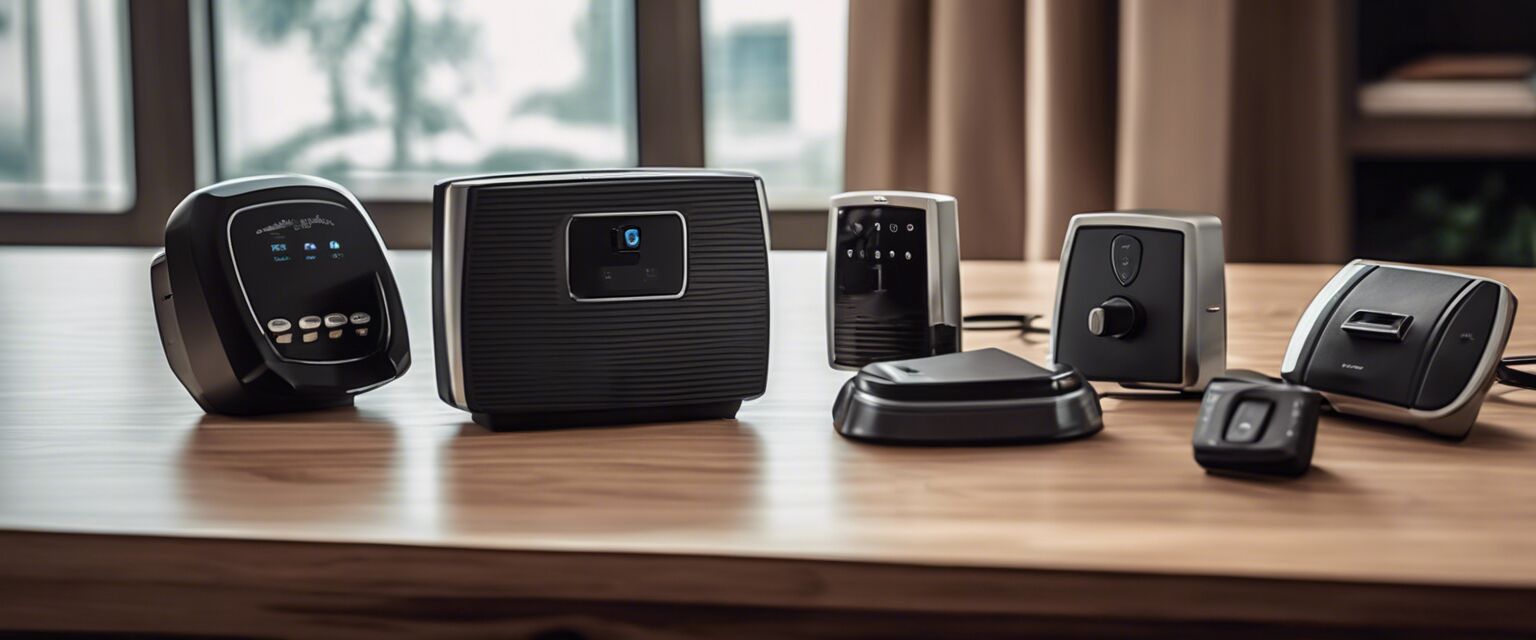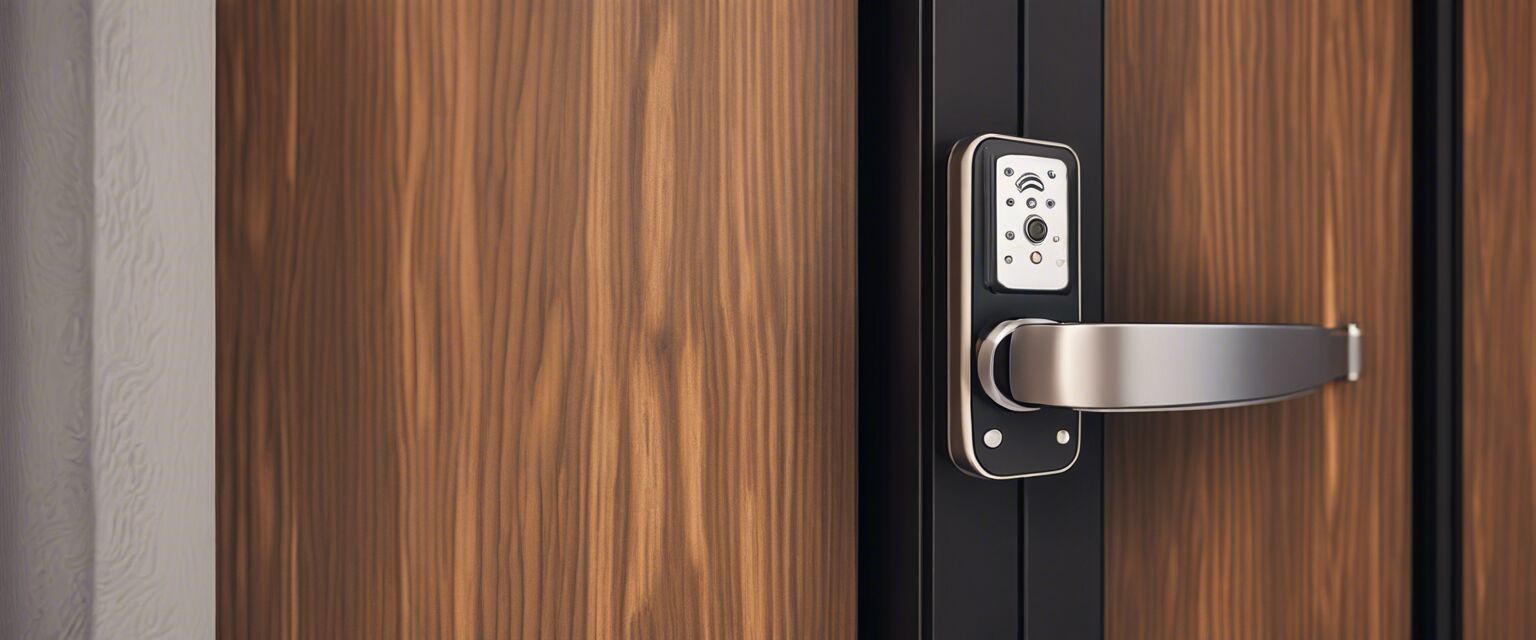
Legal Considerations for Using Door Security Devices
When traveling, safety and security are paramount. As travelers, we often seek ways to enhance our sense of security in unfamiliar environments. However, it is crucial to understand the legal implications of utilizing door security devices. This guide will explore the essential legal considerations for using these devices, helping you travel with peace of mind.
Key Takeaways
- Understanding local laws about security devices is essential when traveling.
- Some devices may be restricted or illegal in certain jurisdictions.
- Always ensure your device does not cause damage to property.
- Familiarize yourself with rental agreements and their security requirements.
Overview of Door Security Devices
Door security devices come in various forms, each targeting different security needs. Hereâs a look at some common types:
| Device Type | Description | Use Cases |
|---|---|---|
| Door Wedges with Alarms | Portable wedges that prevent door opening and sound an alarm. | Hotels, vacation rentals |
| Hotel Door Locks | Additional locks installed on hotel room doors for extra security. | Hotels |
| Personal Alarms | Devices that emit loud sounds when activated for personal safety. | Public areas, hotels |
| Portable Safes | Lockable containers to store valuables securely. | Hotels, traveling |
| Smart Locks for Travel | Digital locks that can be controlled via smartphone. | Vacation rentals, Airbnbs |
Legal Aspects of Using Door Security Devices
Understanding the legal landscape is vital when employing door security devices. Below are some factors to take into account:
Local Laws and Regulations
Different regions and countries may have unique laws governing the use of security devices. Always research local regulations before your trip. Some points to consider include:
- Device restrictions: Certain devices may be prohibited.
- Local law enforcement guidelines on personal security devices.
Potential Liability Issues
Travelers should consider potential liability when using door security devices:
- Property damage: Ensure that your device does not cause damage to rentals.
- Injury risks: Devices that malfunction can cause harm to yourself or others.
Rental Agreements
Before using door security devices in rentals, be sure to read the rental agreement. Key points to review include:
- Restrictions: Some agreements prohibit additional locks or devices.
- Security requirements: Understand the owner's expectations.
Frequently Asked Questions (FAQs)
Can I bring my door security device on an airplane?
Most door security devices are allowed in carry-on luggage, but it is advisable to check with the airline for specific rules.
What should I consider regarding noise when using alarm devices?
Ensure that the alarm isn't set off by accident, particularly in shared spaces like hotels; this can lead to disturbances and potential fines.
Do I need permission from rental owners to use security devices?
It is best to inform rental owners about any devices you plan to use to avoid any conflicts.
Pros and Cons of Using Door Security Devices
Pros
- Increased sense of security while traveling.
- Deterrence against potential intruders.
- Peace of mind during your stay.
Cons
- Legal restrictions may apply in certain locations.
- Risk of property damage or injury.
- Possible disturbances caused by alarms.
Conclusion
While door security devices can significantly enhance your safety during travel, it is crucial to navigate the legal landscape accordingly. Always familiarize yourself with local laws, rental agreements, and potential liabilities to enjoy a safe and secure travel experience.
Tips for a Safe Travel Experience
- Research local laws regarding travel security devices.
- Communicate with rental owners about your security needs.
- Opt for devices that are less likely to cause alarm disturbances.
- Consider downloading security apps that complement physical devices.

